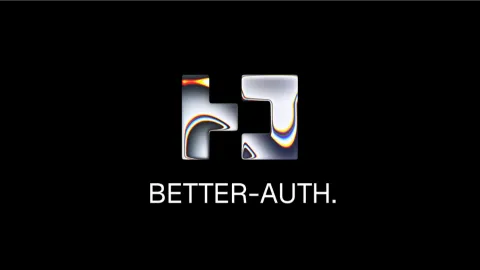How to use better-auth CLI in a Cloudflare workers + Cloudflare D1 + react-router + drizzle project?
I created a React Router 7 project using the Cloudflare workers template:
The Problem:
I am struggling to find a pattern where I can somehow export
The crux is that
The question is: is there a work around to this? I can't be the first to run into this little puzzle. Let me know any ideas!
Note: I am aware of a way to import the
pnpm create cloudflare@latest my-react-router-app --framework=react-routerThe Problem:
I am struggling to find a pattern where I can somehow export
authThe crux is that
betterAuth()fetch()fetchThe question is: is there a work around to this? I can't be the first to run into this little puzzle. Let me know any ideas!
Note: I am aware of a way to import the
envimport { env } from "cloudflare:workers";Solution
I recommend making a fake auth file and a real auth file.
The fake one is just your better-auth config except for any fields which require ENV vars.
This file will be the one you would then use for the better-auth cli to read.
The real one would be the one which includes all needed ENV variables for Better Auth to function.
Tip: Make a config which you can export and use between the both of the real & fake auth files, to keep things consistent - and of course, this excludes the ENV parts in this config.
The fake one is just your better-auth config except for any fields which require ENV vars.
This file will be the one you would then use for the better-auth cli to read.
The real one would be the one which includes all needed ENV variables for Better Auth to function.
Tip: Make a config which you can export and use between the both of the real & fake auth files, to keep things consistent - and of course, this excludes the ENV parts in this config.

